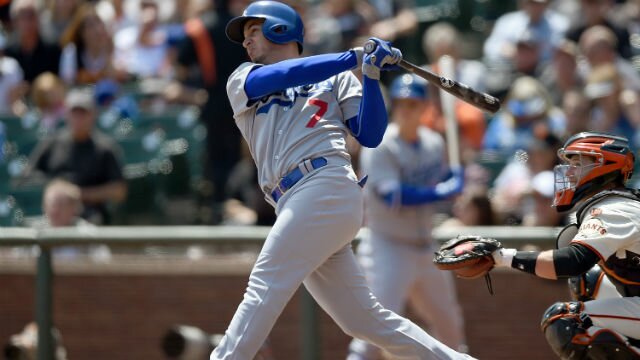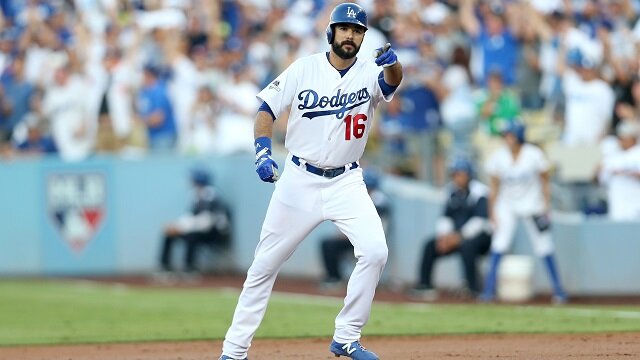
The recent disturbing developments with the Miami Marlins has once again brought to light another incident which also occurred under the watch of Baseball’s Collusion Commissioner Bud Selig. There have been whispers for some time now there was more to the 1994 MLB players strike than just another financial labor dispute. Looking back, it appears Selig and the other MLB owners may have been highly motivated to tank the season due to potentially explosive political issues north of the border.
The strike was called on August 12, 1994, when teams were 114 games into the regular season. At the time of the strike, the team with the best record in baseball was the Montreal Expos, whose won-loss record was 74-40, six games ahead of the Atlanta Braves in first place and cruising to an NL East division title.
At the time, there was something else which was transpiring in Montreal and in the province of Quebec which had much more significance than the Expos best season of all time. The winds of sovereignty were once again blowing hard through Quebec, with separatist Premier Jacques Parizeau leading the charge.
The 1994 Quebec separatist movement was even a bigger threat than the previous one in 1980, which 59.6% of Quebecers voted against. The movement would culminate in yet another referendum on October 30, 1995, where the separatists were once again defeated. However, this time it was by a very slim margin of 1.16%.
Did the imminent political threat in Quebec lead to MLB pushing hard for the players to strike in 1994, thus terminating the season? Were the baseball powers put in an extremely precarious position if the Expos had won the World Series and Quebec had gone on to separate from Canada? Did the league find it most convenient to shut down the season and avoid such a prickly situation? No one can doubt MLB Baseball and Quebec politics were on a potentially explosive head on collision course.
Considering what we know today, it becomes transparent that Selig and the other baseball owners did everything in their power not to settle the labor dispute, given the possible embarrassing consequences if the Expos had won the World Series. The fact that ten years later, Selig and the other owners were directly responsible for driving the Expos to the ground and having them leave town, just adds credence to this theory. By eventually moving the Expos out of Montreal, MLB would never again have to deal with this rather prickly Quebec political issue.
It is difficult to predict what would have happened to the Expos if there were not a players’ strike in 1994, and they had gone on to win the World Series, as they were favored to do so prior to the strike. However, one thing is for sure, Selig and his merry band of co-conspirators, such as Jeffrey Loria, would have had a much more difficult time of prying the Expos loose from Montreal.
Just like in Miami today, politics and sports in Montreal collided in 1994 which eventually left the general populace holding the bag. When the interests of a handful of sports owners supersede that of the general public, the system and its main power players can use a long hard look.
 Share
Share 











